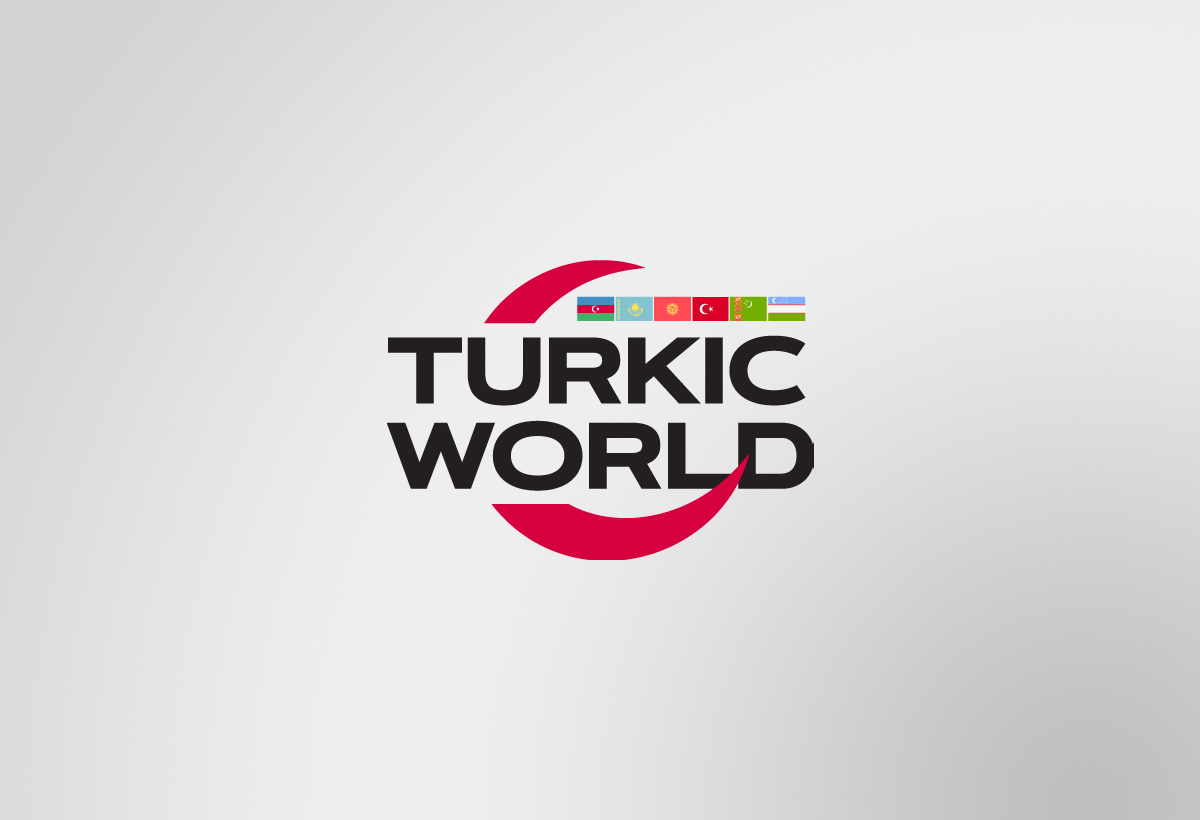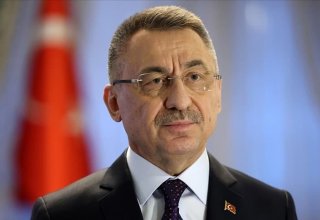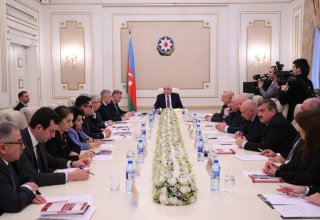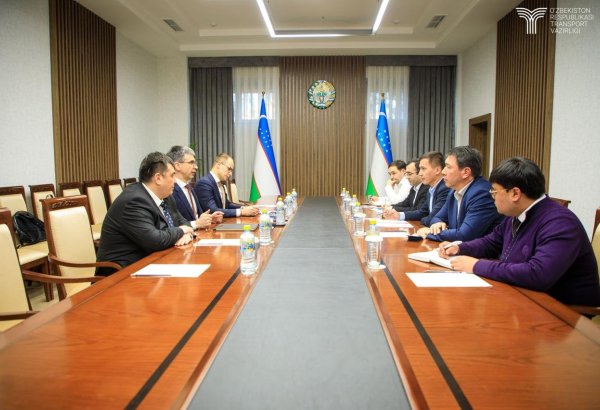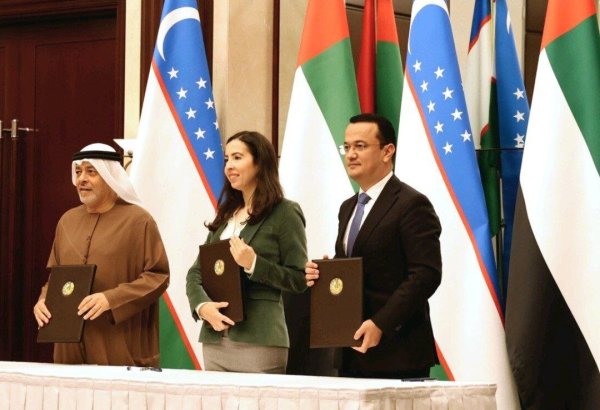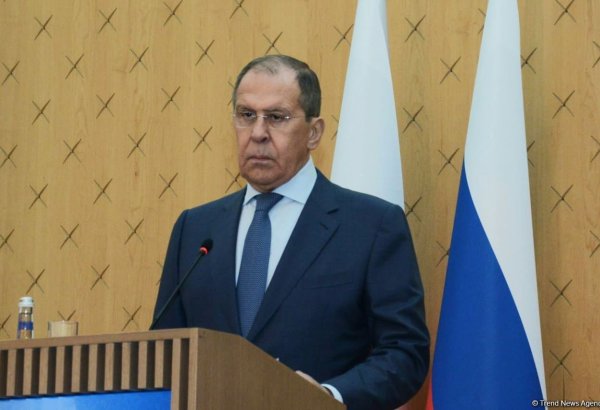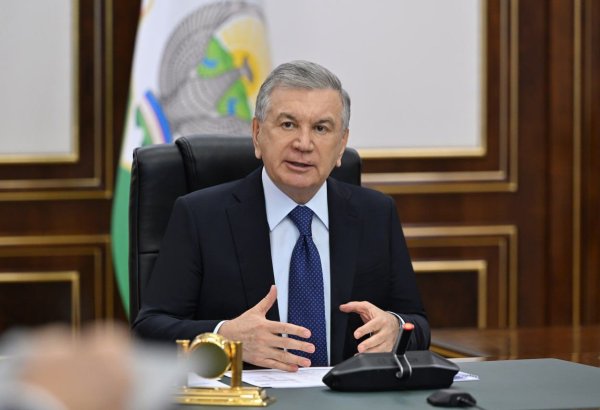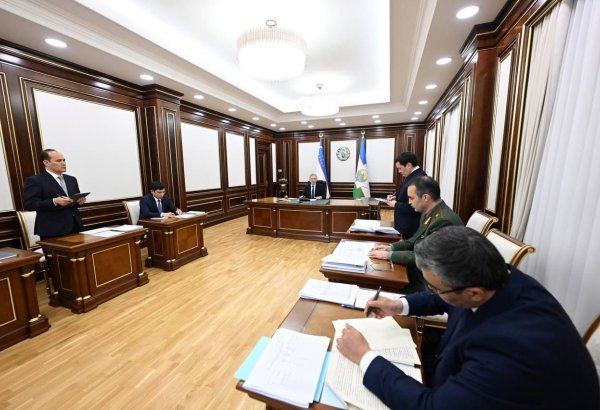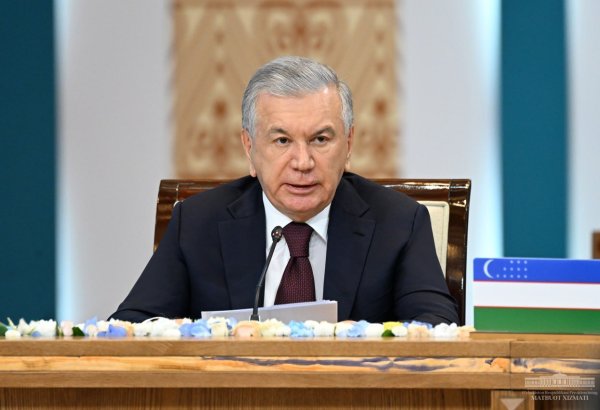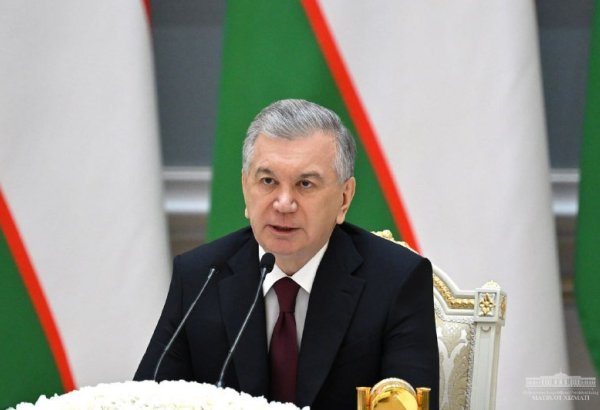BAKU, Azerbaijan, April 30. Russia will take an active part in the construction of the Trans-Afghan Railway as part of the Belarus-Russia-Kazakhstan-Uzbekistan-Afghanistan-Pakistan transport corridor, Russian Deputy Transport Minister Dmitry Zverev said, TurkicWorld reports.
"In late April, Termez city, Uzbekistan, hosted a forum to deliberate on the initiative to establish the Trans-Afghan Railway under the Belarus-Russia-Kazakhstan-Uzbekistan-Afghanistan-Pakistan transport corridor. The proposed railway, adhering to the 1520 mm gauge (Russian standard), aims to connect the northern Afghan city of Mazar-i-Sharif to Parachinar in Pakistan. Russia has expressed readiness to participate in the consortium and offer financial support, along with aiding in the development of a feasibility study for the project," Russian media says.
In Termez, the stakeholders involved in the Trans-Afghan Railway project endorsed preliminary agreements outlining the establishment and advancement of the route while also approving a detailed roadmap.
According to Russian media reports, Alexander Strelnikov, the founder of RusTransChina, a Russian-Chinese transportation firm, emphasized the significance of the project for Russia. He stated that it holds importance within the evolving transportation and logistics landscape, as well as for bolstering economic relations with Asian nations.
"Russia's involvement in this initiative, aimed at advancing the Belarus-Russia-Kazakhstan-Uzbekistan-Afghanistan-Pakistan transport corridor, serves to broaden its footprint in both Central and Southeast Asian markets while also bolstering the competitiveness of domestic transportation enterprises. Moreover, the construction of the railway holds the potential to play a significant role in stabilizing Afghanistan and fostering economic relations with the country," Strelnikov said.
In 2017, Uzbekistan and Afghanistan reached an agreement to construct the Mazar-e-Sharif-Herat railway line; however, the idea was not developed further.
Russia, which is under international sanctions and experiencing difficulties with cargo transportation, sees a way out for itself in the accelerated development of transport corridors in the direction of Iran and India (two branches of the International North-South Transport Corridor) and Pakistan-Afghanistan via Central Asian countries.











